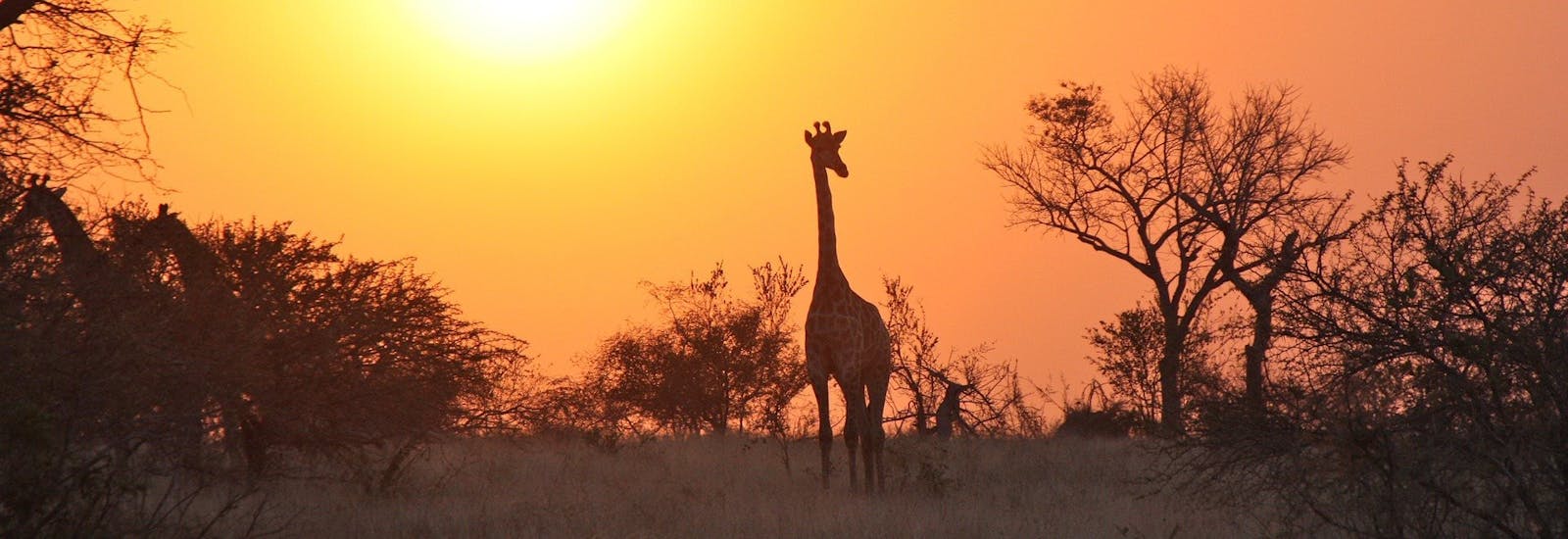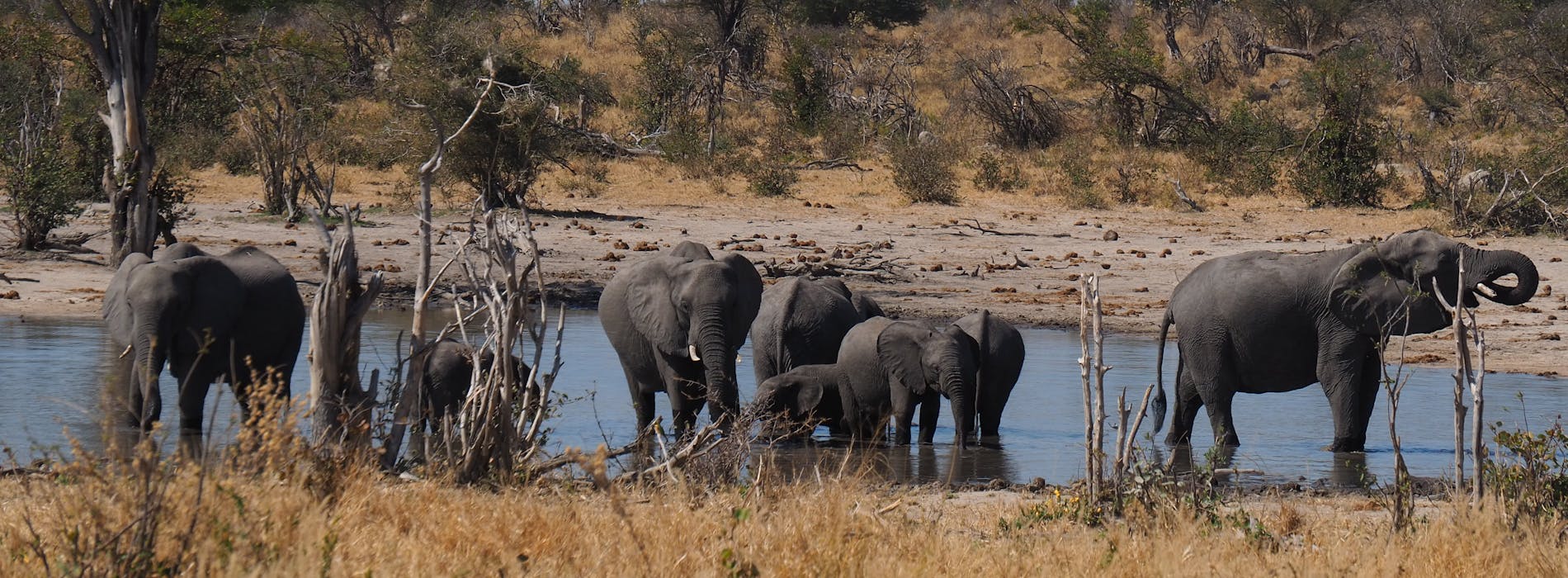
Lives claimed in 2016 - remembering 112 wildlife rangers
Many famous people have passed away in 2016. The world press and social media have given ample tribute to them. We don’t want to distract from their legacy. But we do want to give recognition to another group of people that has seen heavy losses in 2016, and who are inspirational to us: wildlife rangers.
It’s impossible to think about wildlife conservation without rangers. Rangers manage wildlife reserves and national parks, they identify threats to wildlife, educate the public, and collect data that is vital for long-term conservation efforts.
Our partner conservation projects work with rangers every day. It is often a ranger who finds evidence of a poaching attack in the Kruger and locates the orphaned rhino calf before alerting Care for Wild Africa Rhino Sanctuary. Rangers and anti-poaching patrols find wildlife caught in snares and bring the injured animals to the wildlife veterinary clinic. They show endless enthusiasm and patience while sharing their knowledge with our volunteers.
They dedicate their lives to wildlife conservation, and all too often, they give their lives. With the prices for wildlife products such as rhino horn and elephant ivory soaring, protecting wildlife has become a dangerous job. Increasingly, rangers are not at the interface between tourists and National Parks but between poachers and wildlife. Instead of guidebooks, they carry radios to call for backup, and they are more likely to use their firearms to protect themselves against attacks from poachers than from animals.
In a truly horrendous statistic published in a recent article, Thin Green Line Foundation’s managing director Sean Willmore cites figures of 112 rangers having been killed in 2016. Over 1,000 have been murdered in the last decade (source: Guardian online 10 December.)
It is a good question, and we are outraged. Outraged about the senseless violence and the families left behind. Outraged by the ostracism that rangers and anti-poaching units often face in their communities. They are often seen as traitors who bring less financial support than the poachers. Outraged about a state of affairs where the “stewards of the environment” need to learn about hand-to-hand combat.
So we wish to give tribute to those men and women who dedicated their lives to conservation and who were murdered for it.

